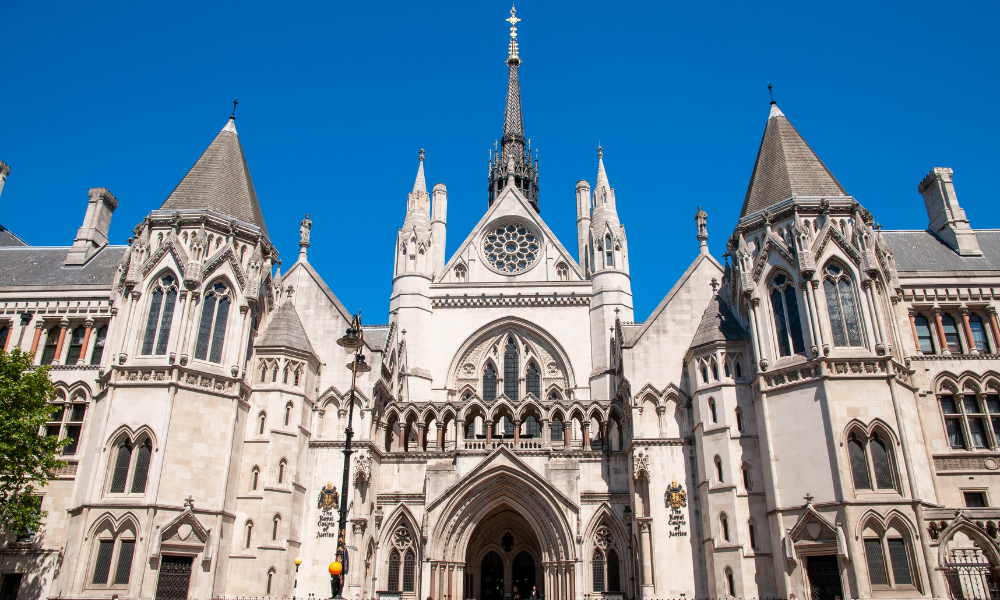
The judge described the expert's approach as "a cause for serious concern"

UK Deputy High Court Judge Kathryn Major has criticized a doctor over medical evidence errors in a care order case involving three children, reported the Law Society Gazette.
Dr. Nicola Cleghorn had been called upon to conduct the paediatric overview in LB Croydon v D (Critical Scrutiny of the Paediatric Overview). The local authority was seeking a care order for the children on the possibility that they were being abused in their parents’ care.
Cleghorn indicated in her report that as per her professional opinion, there was medical evidence of the children having “inflicted non-accidental injuries,” according to a snippet published by the Gazette. The children’s parents disputed the finding.
Major said in a September ruling released this week that Cleghorn’s critical error lay in her confusion of the twin children while reading primary medical disclosure – the twins’ birth and post-birth experiences differed, leaving one weaker and more vulnerable. As Cleghorn gave evidence, she did not look back to determine how the error influenced her opinion, the judge explained.
Even though primary evidence from doctors who treated the twins did not suggest the children had bruises, Cleghorn mentioned “bruising” that had to have been caused by the parents. The finding served to reverse the burden of proof, Major suggested.
The judge added that the report read as “subjective, closed minded and disbelieving of the parents’ account,” according to a snippet published by the Gazette. Jo Delahunty, the mother’s counsel, conducted a detailed and forensic cross-examination of Cleghorn that was described as “nothing short of a demolition” of the written evidence, the judge said, given that Cleghorn’s evidence during cross-examination contradicted her written report and opinion. Rather, the doctor’s cross-examination evidence supported the parents’ case.
Cleghorn herself accepted that her evidence was “appalling” in parts, and she apologized for her preparation for and participation in the experts’ meeting, according to the Gazette. Parties did not cross-examine Cleghorn further, and in closing submissions, counsel for the child said that Cleghorn’s evidence was “terrifying” and a “disaster” from a safeguarding for children perspective.
Major denied the care order since the claims against the parents were unproven; in relying on Cleghorn’s evidence, the local authority did not meet the evidential burden, had failed to willingly analyze the parents’ accounts critically, and did not engage properly with the written expert medical evidence. The judge said that Cleghorn’s expert evidence exceeded her own individual evidence, and the doctor’s errors and closed mind would “contaminate” the experts’ meeting, as per the Gazette. Cleghorn did not consider every possible option for the children’s condition and disregarded conversation around the parents’ testimony.
“Dr Cleghorn’s approach in this case is a cause for serious concern,” Major said in a statement published by the Gazette. “There are real-world consequences for children where the professional medical evidence is flawed, factually inaccurate and lacking in enquiry and analysis. Children could be removed from perfectly safe home environments or alternatively children at risk could remain placed with abusive carers.”
Major emphasized that the case showed “the importance of advocates with a detailed knowledge of the case and the facts being able to robustly and critically cross-examine experts and fully explore their client’s case.”